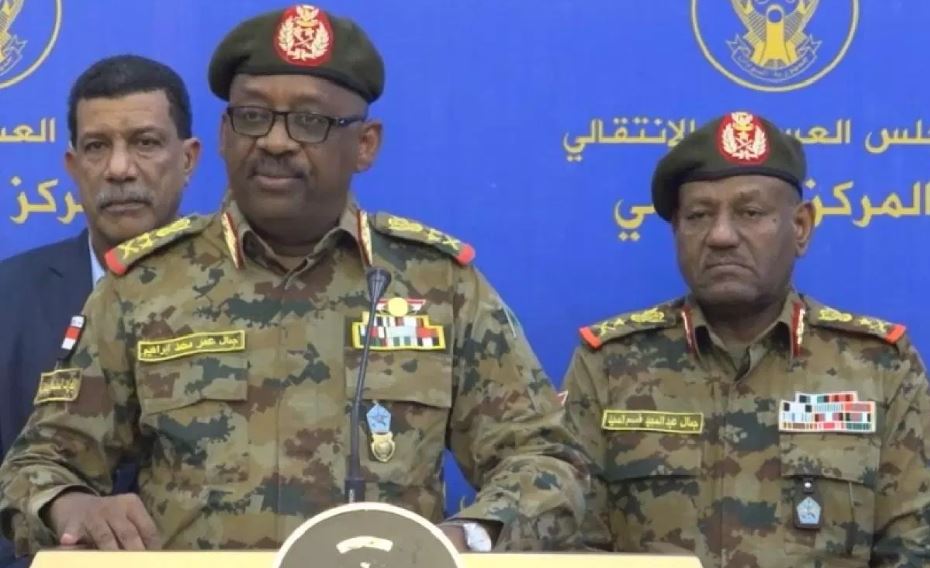Sudanese and South Sudanese officials agreed late on Saturday with the leader of an alliance of armed factions operating along their joint border to extend a ceasefire and grant humanitarian access to some areas affected by conflict in Sudan.
Sudan says neighboring South Sudan has been giving refuge to Malik Agar, one of many rebels in Sudan. The two countries share a long and porous border, and have a history of supporting armed groups on each others’ territories after oil-rich South Sudan became independent in 2011.
Sudan and Agar signed a ceasefire on April 17 covering the Blue Nile and South Kordofan regions, a week after Sudanese President Omar al Bashir was overthrown after 30 years of rule. That agreement was due to expire at the end of July.
Peace talks will continue as rebel factions from Sudan’s Darfur region are expected to arrive in Juba on Sunday from Addis Ababa.
Saturday’s talks were attended by Tut Gatluak, South Sudan’s presidential envoy on security; General Mohamed Hamadan Dagalo, deputy chief of Sudan’s ruling Transitional Military council; and Agar, head of a loosely affiliated group of armed opposition groups.
Sudan faces armed insurrections across the country and protests by citizens enraged by decades of economic mismanagement and habitual human rights abuses by the security forces. Many protesters against Bashir and the military council that succeeded him have been killed.
Sudan’s ruling military council and the Forces for Freedom and Change, an umbrella group of Sudanese political and armed factions, agreed a three-year power-sharing deal this month, although many details remain to be resolved.
Agar was not part of that deal. This weekend’s negotiations in Juba centered on armed groups operating in regions that share a border with South Sudan.
“The visit by the Transitional Military Council to Juba today has centered on issues of peace negotiations with Sudanese oppositions groups from South Kordofan, Nubia Mountain and Darfur,” said Guatlak.
Agar, who heads a group known as the SPLM-North, said he wanted to agree a common position with the Forces for Freedom and Change. In the meantime the ceasefire would be extended and aid agencies given access, he said.
“We … renewed the cessation of hostilities and opening of humanitarian corridors to the areas that are affected.
“This (negotiation) process has to be done by the President of South Sudan because he has the leverage over armed groups that are operating in Sudan,” Agar said.




